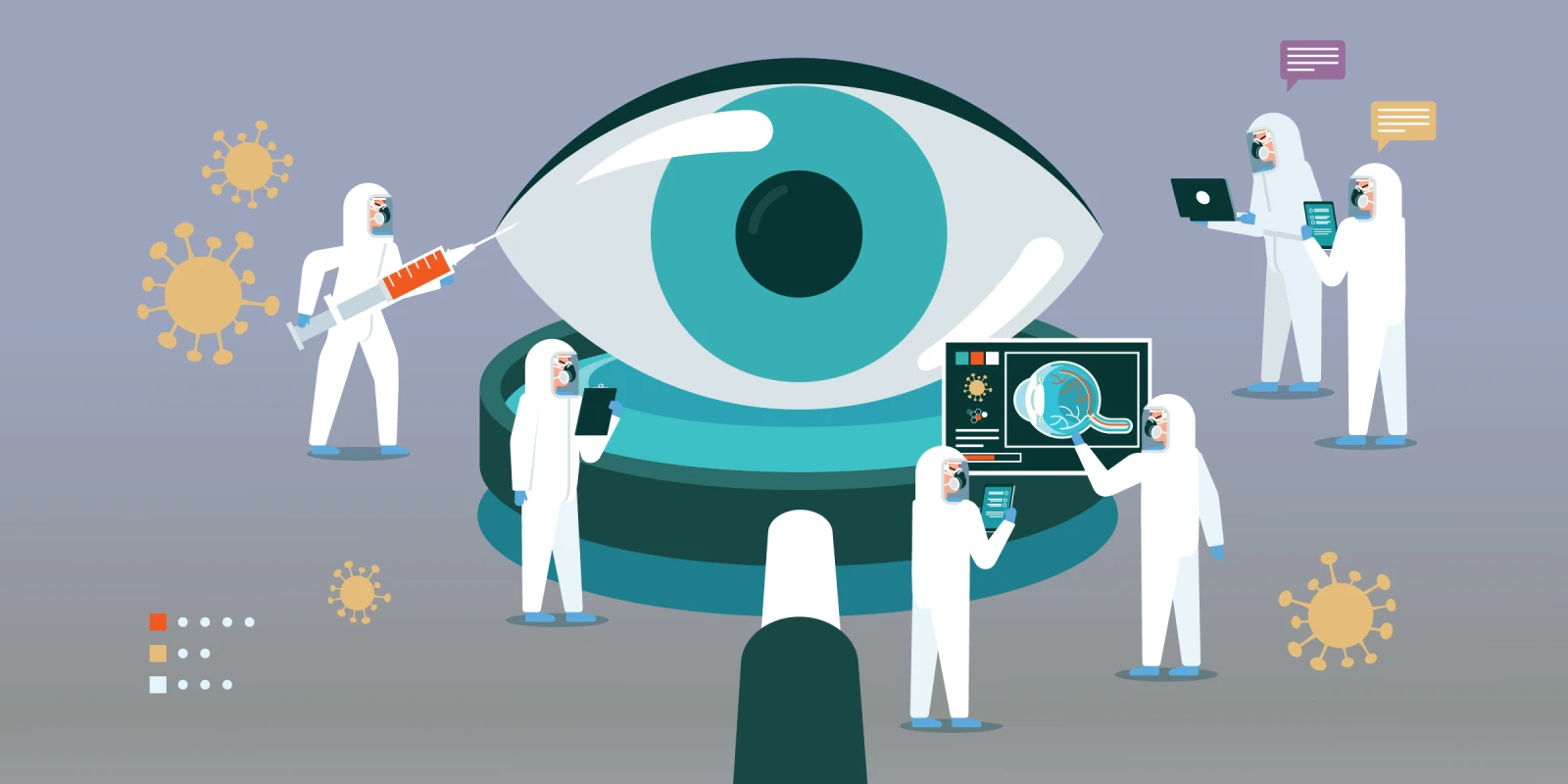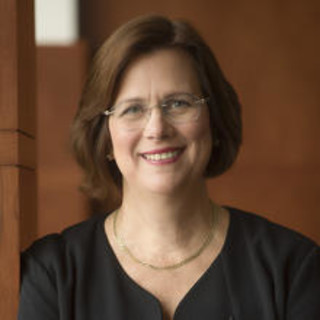Since submission deadlines for the American Academy of Ophthalmology (AAO) annual meeting preceded the COVID-19 pandemic, our talks and symposia this year were not COVID-19-specific. Nevertheless, the pandemic, by necessity, colors our worldview as well as our professional meetings and discussion. The 2020 Charles L. Schepens Lecture, presented by Julia Haller, MD, and remarks by incoming President Tamara Fountain, MD and CEO David Parke, MD, tackled the COVID-19 pandemic head-on. It is important to reflect on how we have adapted, what we have learned that we will carry forward, and how important communication, collaboration, and resiliency will be in our future. Dr. Haller prefaced her description of the retina response to COVID-19, by reflecting on the London blitz and Winston Churchill’s roar of defiance in the face of tyranny. She described the eerie quiet of our streets and ambulatory facilities as elective procedures and patient visits were cancelled and postponed. As patients with COVID-19 filled our inpatient beds and ICUs, many of our trainees and physicians were deployed to meet the demand for acute care. As Dr. Haller noted, retina physicians remained busy providing care for patients with vision-threatening conditions, as specialty hospitals like Wills Eye Hospital and Massachusetts Eye and Ear remained open for urgent care, while ambulatory surgery centers were closed by government order.
Our young ophthalmologists showed their talent by devising creative solutions to the challenges of providing ophthalmic care in the time of COVID-19. Telemedicine boomed, with visits ranging from triage for concerned patients with eye or vision problems, to care of uveitis and neuro-ophthalmology patients. At Mass Eye and Ear, we initiated hybrid telemedicine visits within 2 weeks of the shutdown, combining vision and intraocular pressure measurement, imaging, and testing for retina and glaucoma patients, followed by a telemedicine video visit with the physician. Wills Eye Hospital similarly adopted hybrid visits, including visits for patients with ocular malignancies.
Scholarship continued during COVID-19, and publications described the impact of the pandemic on eye care, including changes in ocular trauma, the diagnosis case mix of those who sought eye care, and investigations of any ocular findings related to SARS-CoV2 infection. Unrelated to COVID-19, ophthalmologists were brought to the forefront as protests and civil unrest resulted in ocular injuries from pepper spray, tear gas, and rubber bullets.
Creative solutions were found to teach surgery to our residents and fellows, as well as to introduce ophthalmology to medical students, including virtual medical and surgical curricula, and even telesurgery. Virtual conferences and teaching rounds expanded to city-wide, regional, and even global events.
As Dr. Fountain stated, “We train for, and learn from the unexpected.” No one wished for the sorrow of deaths from COVID-19, the economic disruption and societal cost of lockdowns, or the health disparities in communities of color uncovered by COVID-19. But we can learn from this and carry our lessons forward, continuously making the world a better place.
During COVID-19, we have witnessed creativity and courage in ourselves and in our profession. We have learned to be more hygienically responsible around our patients and our coworkers. Telemedicine for patient care is here to stay, and will greatly improve patient access to routine and specialized care. While telemedicine and tele-surgery for education are still being developed, they will certainly expand the reach of our teaching programs. And, while we miss the camaraderie and networking of in-person meetings, we have learned the advantages of incorporating virtual platforms for conferences and symposia.
We are still working through COVID-19, although recent vaccine trial results offer real hope. We must remain committed to our patients and to each other. Most of all, we need to remember to cherish our personal connections and find moments of joy in our lives and in our work, whenever possible.
Joan W. Miller, MD, is the Chair of Ophthalmology and David Glendenning Cogan Professor of Ophthalmology at Harvard Medical School, Chief of Ophthalmology at Massachusetts Eye and Ear and Massachusetts General Hospital, and Ophthalmologist-in-Chief at Brigham and Women’s Hospital. She is an internationally recognized expert on retinal disorders, including age-related macular degeneration (AMD). In 2014, Dr. Miller was a co-recipient of the António Champalimaud Vision Award for her role in identifying VEGF in ocular neovascularization. Follow Harvard Ophthalmology on Twitter at @HMSeye. The views and opinions expressed in this article are those of the author and do not necessarily reflect the official policy or position of her affiliated institutions.







